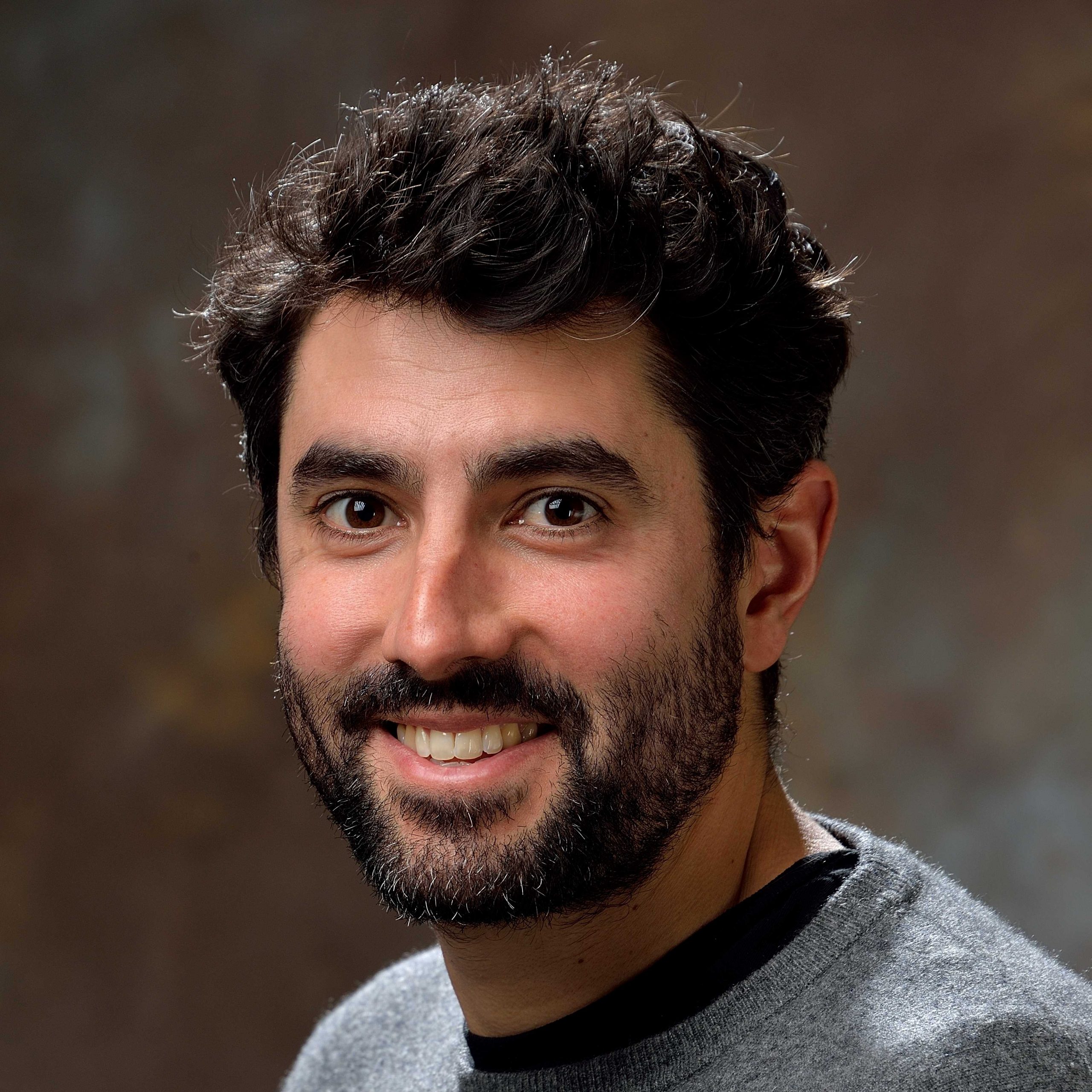
- This event has passed.
ESE Ph.D. Thesis Defense: “Graph Machine Learning under Requirements”
July 9, 2024 at 3:00 PM - 6:00 PM
Graphs are powerful mathematical tools that enable modeling of complex systems. Graph machine learning exploits possibly unknown data structures, which provides a unified approach to tackle a wide variety of problems. However useful in practice, graph machine learning solutions tend to suffer from three main limitations: they do not scale with the size of the graph, they are not robust to changes of the graph, and they require an homogeneous underlying graph. In this thesis we address all three of these requirements. In terms of scalability, we show that Graph Neural Networks (GNNs) improve their generalization capabilities with the number of nodes. This positive result with ample empirical evidence, motivates the need for scalable training solutions. To this end, I developed two strategies to train GNNs on large scale graphs, first by growing the graphs in time as we train, and second by distributing the graph in a set of machines and growing the graph in space. These two methods alleviate the computational costs required to train GNNs on large scale graphs, without compromising the accuracy. In terms of robustness, even though many data modalities reside in a very high-dimensional space, their dynamics can be assumed to belong to a lower-dimensional structure. We can model the low dimensional space using a graph Laplacian, and show that the problem of learning a Lipschitz continuous function on a manifold is equivalent to a dynamically weighted manifold regularization problem. Heterogeneity is a fundamental property of networks. Even if a network is composed of homogeneous agents, every agent will have different interactions with the environment, which will translate into heterogeneous data acquisition. Graph machine learning solutions that do not address the heterogeneous nature of the data tend to only allocate the needs of some of the nodes in the graph. I propose two ways to tackle heterogeneity, a single solution to improve the outcome of all the individual components in the network, and a node-specific solution such that every agent in the network improves upon working with their individual data.

Juan Cervino
ESE Ph.D. Candidate
Juan received the B.Sc. degree in electrical engineering from the Universidad de la Republica Oriental del Uruguay, Montevideo, in 2018. He is now a PhD student in the Department of and Systems Engineering at the University of Pennsylvania, supervised by Professor Alejandro Ribeiro. Juan was named a rising star in signal processing in Electrical 2023. Juan’s current research interests are in machine learning, signal processing, optimization, and control.
